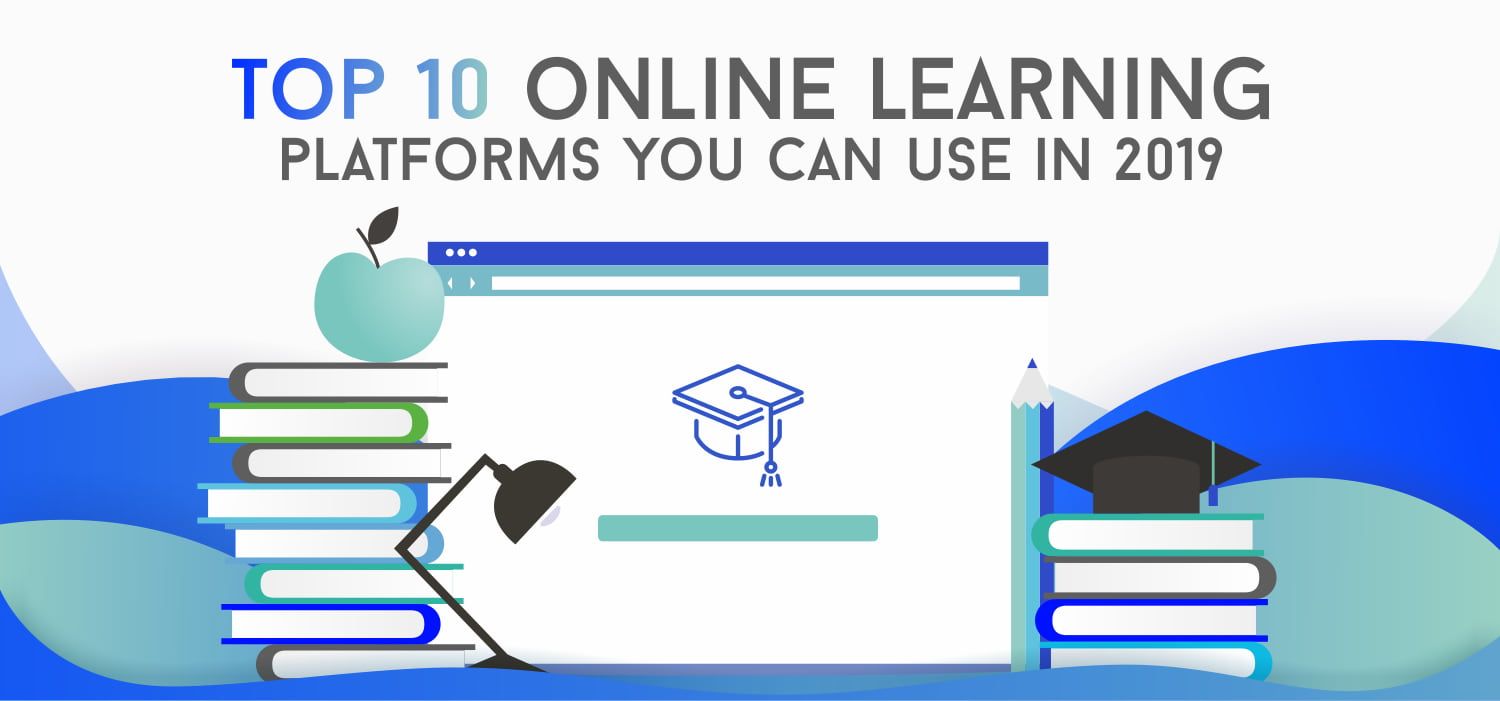Shop At Haya: Your Ultimate Shopping Guide
Discover the best shopping tips, trends, and deals for a smarter buying experience.
E-Learning Platforms: The Netflix for Knowledge Lovers
Discover the best e-learning platforms that turn knowledge into binge-worthy experiences. Dive in and unlock your potential today!
Top 5 E-Learning Platforms That Are Changing the Way We Learn
In the rapidly evolving world of education, e-learning platforms are paving the way for a more accessible and efficient learning experience. Here are the Top 5 E-Learning Platforms That Are Changing the Way We Learn:
- Coursera - Offering courses from top universities, Coursera provides learners with the opportunity to earn certificates and degrees online.
- Udacity - Focused on technology and skill development, Udacity's Nanodegree programs prepare students for high-demand jobs in the digital economy.
- edX - Another platform that collaborates with renowned institutions, edX offers a broad range of subjects, from computer science to humanities.
- LinkedIn Learning - Ideal for professionals, this platform offers courses to enhance skills and advance careers through practical knowledge.
- Skillshare - Emphasizing creativity and personal development, Skillshare connects learners with industry leaders for hands-on projects and classes.

How E-Learning Platforms Are Revolutionizing Education: A Deep Dive
The rise of e-learning platforms is transforming the landscape of education, making it more accessible and efficient than ever before. With the advent of technology, students can now engage in online courses from the comfort of their homes, gaining access to a wealth of resources that traditional classrooms often lack. These platforms offer a variety of courses across numerous subjects, allowing learners to tailor their educational experiences to their unique needs and interests. Furthermore, the flexibility of e-learning enables individuals to study at their own pace, offering them the opportunity to balance their academic pursuits with other responsibilities such as work and family.
Another key factor in the revolutionization of education through e-learning platforms is the integration of innovative technologies. Features such as interactive quizzes, virtual classrooms, and discussion forums foster a sense of community and engagement among students, making learning not only more enjoyable but also more effective. In addition, the use of artificial intelligence in these platforms can personalize learning paths, ensuring that students receive the support and resources they need to succeed. As e-learning continues to evolve, it has the potential to break down geographical barriers and democratize education for learners around the globe.
Is E-Learning the Future of Learning? Exploring Benefits and Challenges
The rise of technology has transformed the educational landscape, making e-learning a prominent contender in shaping the future of learning. One of the primary benefits of e-learning is its unparalleled accessibility; learners can engage with material anytime and anywhere, breaking down geographic and temporal barriers. Furthermore, e-learning promotes personalized learning experiences. With adaptive learning technologies and a plethora of resources available online, students can tailor their educational journeys to meet individual needs and learning styles. This flexibility not only boosts engagement but also enhances knowledge retention.
However, while e-learning offers significant advantages, it also presents several challenges that must be addressed. For instance, the lack of face-to-face interaction can lead to feelings of isolation among students, potentially diminishing motivation and collaborative learning opportunities. Additionally, the effectiveness of e-learning can be hindered by technical issues and the digital divide, where not all students have equal access to the necessary technology and reliable internet connections. As we explore whether e-learning is truly the future of learning, it’s crucial to balance these benefits with the challenges to create an inclusive and effective educational environment.